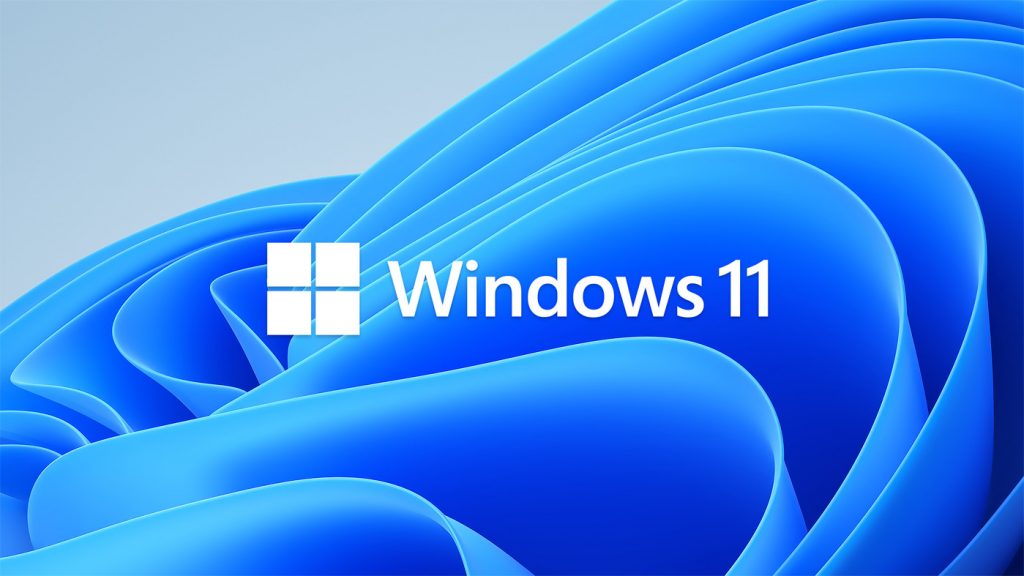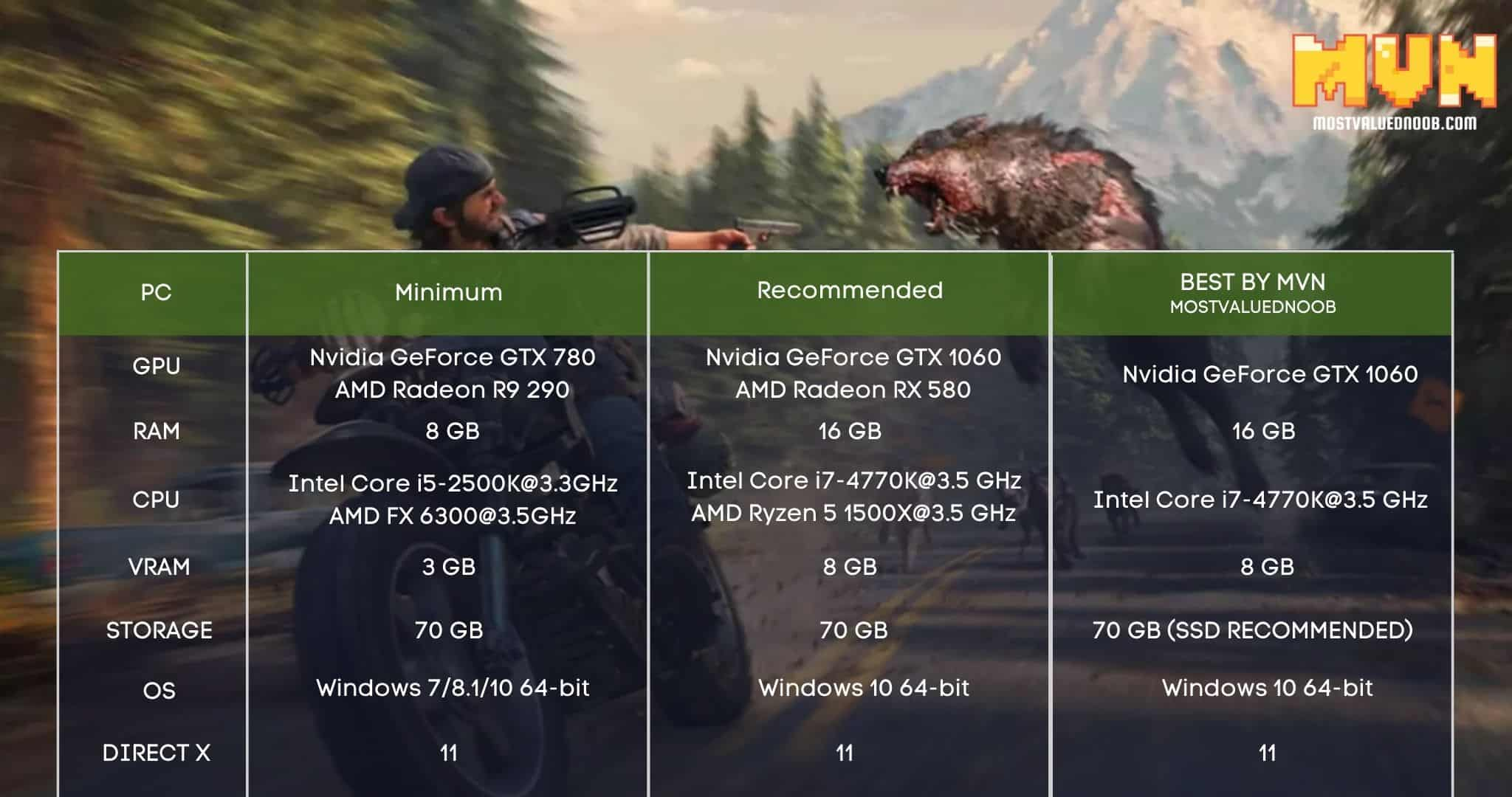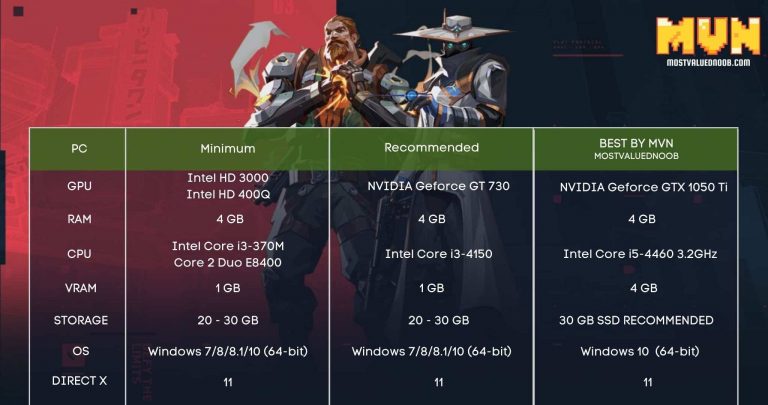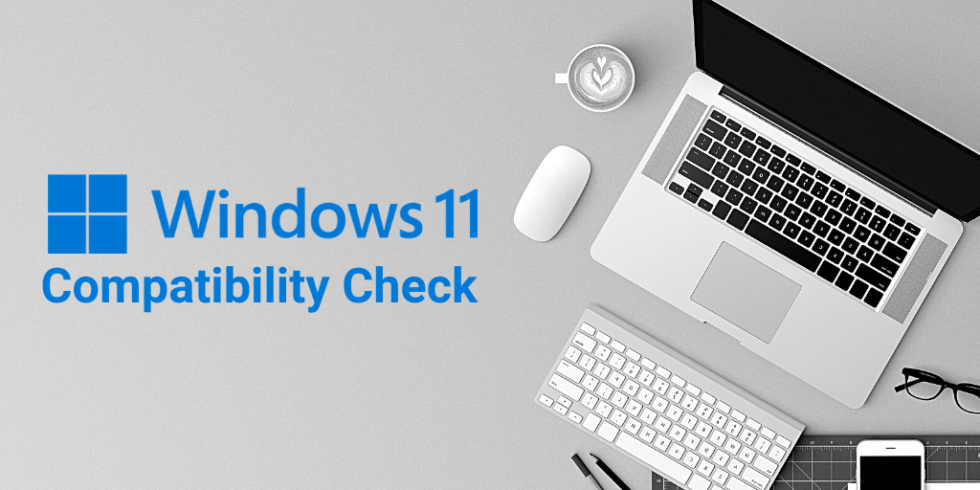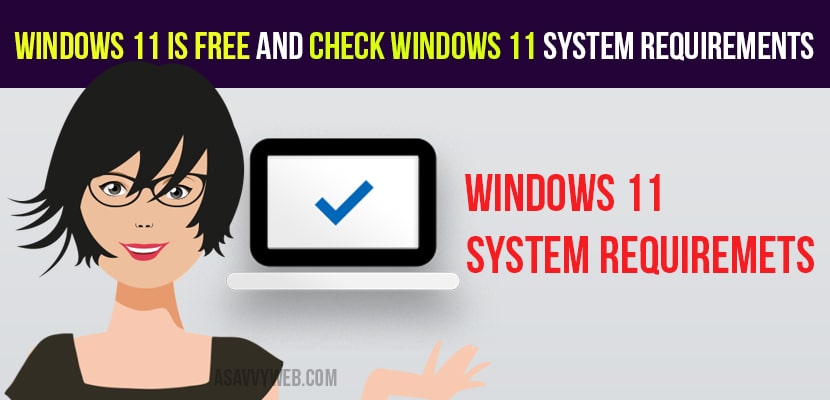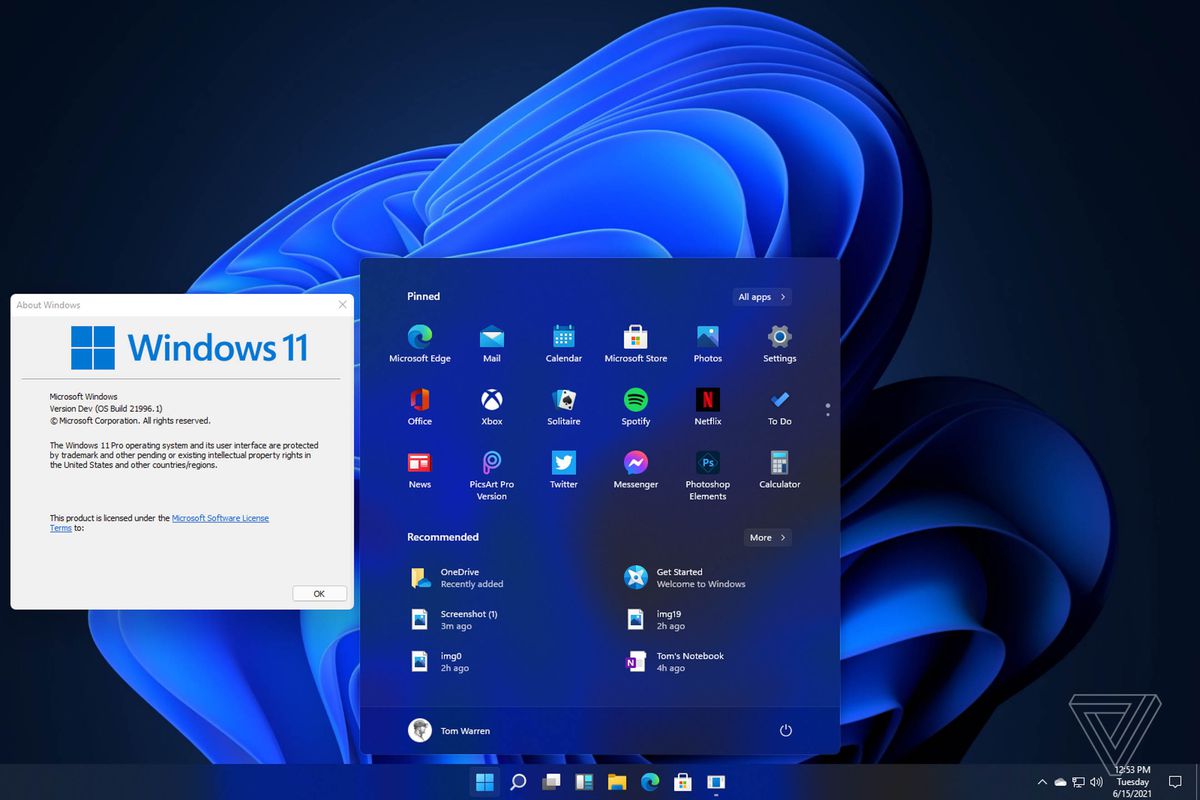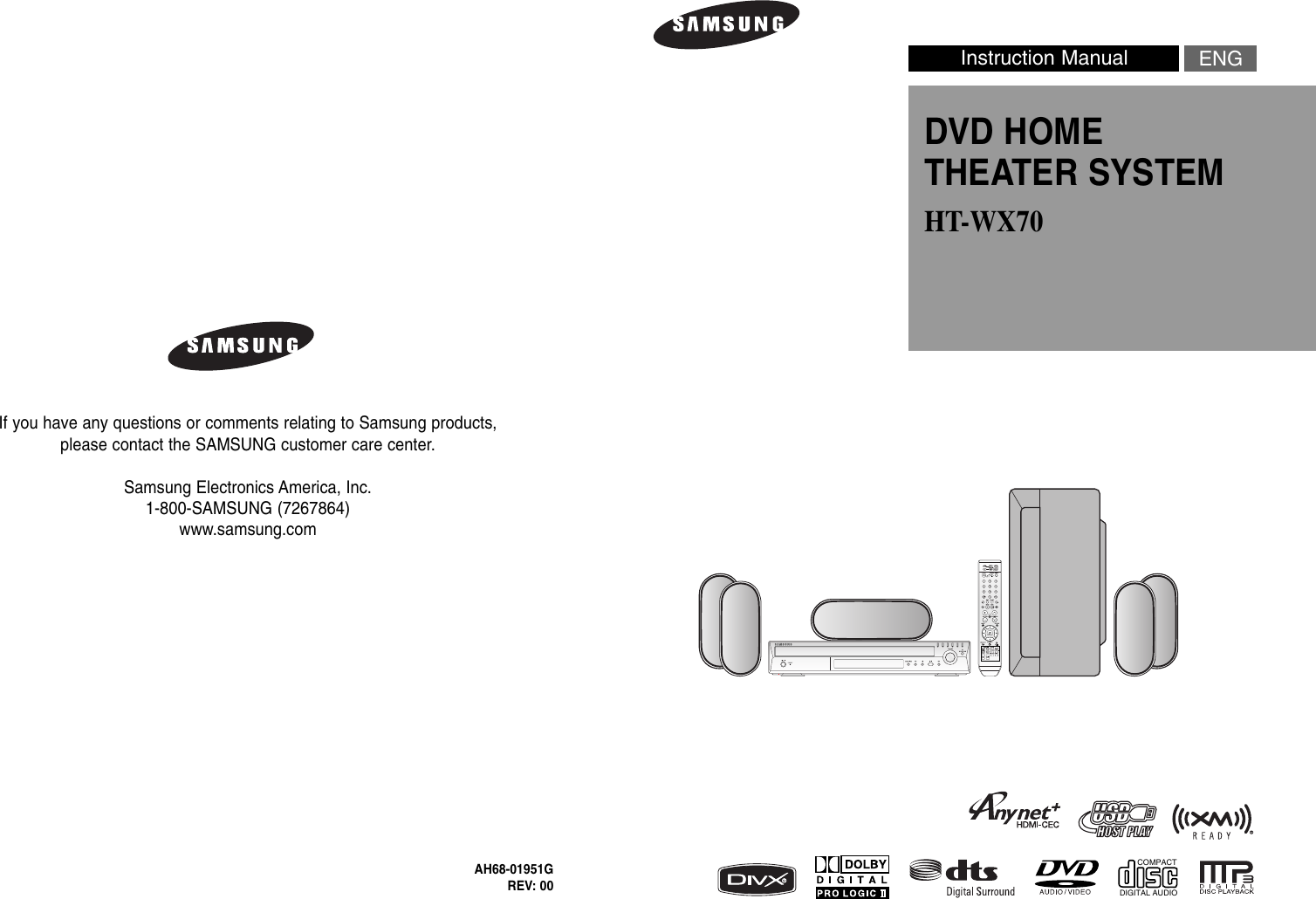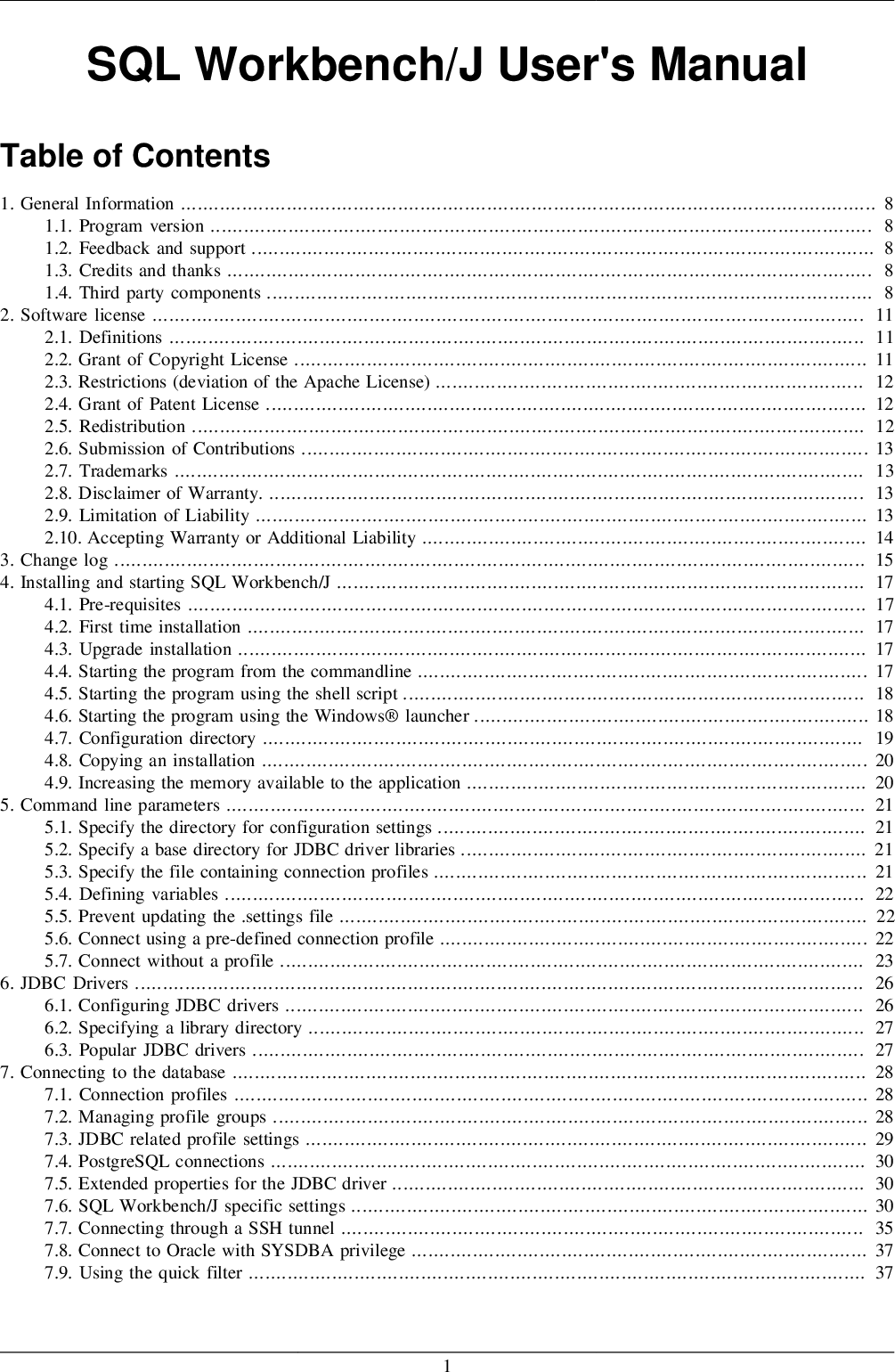You can upgrade to Windows 11 from your current Windows 10 via the in-built "Windows Update"-"Check for Updates" on/after the official release date Oct 5th, 2021. Before Oct 5th,you could join the Windows Insider Program to try the beta version and better to use a test computer rather than your primary device in case of any bugs. How to upgrade to Windows 11 using Windows 11 Installation Assistant? There are many options to install Windows 11 wherein using Windows 11 Installation Assistant will be a fast and easy method. You can go to Microsoft official website to download Windows 11 Installation Assistant and get upgraded to Win 11 directly from that tool.
However, only if your current PC system were compatible with Win 11 requirements can you use Windows 11 Installation Assistant to install Windows. Therefore, Before installing, please download Can I Run Win 11 to confirm your device meets the minimum system requirements for Windows 11. No, upgrading through Microsoft will keep your apps and files in place. During the Windows 11 setup, you could choose to "Keep your personal files and apps" However, in case there might be some unknown issues, you should make a backup of all your data and files. My computer hardware is very old, can I update to Windows 11? You could download a Driver Booster to ensure you have all the drivers updated for Windows 11.
What you could do is open "Settings" and select the 'Recovery' option, you will see a 'Previous version of Windows' section. TPM stands for Trusted Platform Module, and its job is to protect data used to authenticate the PC you're using.It is required to run Windows 11, as an important building block for security-related features. In some cases, PCs that are capable of running TPM 2.0 are not set up to do so. If you are considering upgrading to Windows 11, check to ensure TPM 2.0 is enabled on your device.
Refer to the following steps or visit Enable TPM 2.0 on your PC. Microsoft has set the minimum system requirements for installing Windows 11 on a PC. If your device does not meet these requirements, you may not be able to install Windows 11 on your device and need to purchase a new PC. If you are unsure whether your PC meets these requirements, you can use Can I Run Win 11 to check compatibility. In addition to increased reliability, the supported processors increase security capabilities at the chip level.
These processors provide virtualization extensions and virtualization performance improvements. Windows 11 supports virtualization-based security which enables several security capabilities, including memory integrity, also known as hypervisor-protected code integrity . HVCI disables dynamic code injection into the Windows kernel. HVCI also provides driver control and ensures that all drivers loaded meet a policy of allowed drivers set by Microsoft and the user. The United States Department of Defense requires virtualization-based security on Windows 10 for their devices. In partnership with our OEM and silicon partners, we will be enabling VBS and HVCI on most new PCs over this next year.
And we will continue to seek opportunities to expand VBS across more systems over time. Citing security considerations, the system requirements for Windows 11 were increased over Windows 10. While the OS can be installed on unsupported processors, Microsoft does not guarantee the availability of updates. Windows 11 also drops support for 32-bit x86 CPUs and devices which use BIOS firmware.
Windows 11 continues our strong commitment to compatibility. This means that devices can upgrade to Windows 11 and critical apps and devices will simply work. Raising the Windows 11 minimum system requirements enables us to better support apps and hardware for drivers and devices.
Feedback also shows us that unsupported hardware is more likely to have older drivers that are incompatible with new OS features such as VBS. Supported hardware also comes with modern drivers, which helps ensure not only the reliability we mentioned earlier, but also great hardware compatibility. Cunningham concluded that "as I've dug into and learned its ins and outs for this review, I've warmed to it more", but argued that the OS was facing similar "public perception" issues to Windows Vista and Windows 8. Original equipment manufacturers can still ship computers without a TPM 2.0 coprocessor upon Microsoft's approval. Some third-party software may refuse to run on unsupported configurations of Windows 11. As part of the minimum system requirements, Windows 11 only runs on devices with a Trusted Platform Module 2.0 security coprocessor.
According to Microsoft, the TPM 2.0 coprocessor is a "critical building block" for protection against firmware and hardware attacks. In addition, Microsoft now requires devices with Windows 11 to include virtualization-based security , hypervisor-protected code integrity , and Secure Boot built-in and enabled by default. The operating system also features hardware-enforced stack protection for supported Intel and AMD processors for protection against zero-day exploits.
The new Windows 11 is here and it surely comes with a host of interesting features. The latest operating system from Microsoft brings you new visual changes, compatibility with Android, interesting gaming-related features, and more. The company has also revealed that a vast majority of PC or laptop available in the market will be compatible with Windows 11. The brand has also released a list of minimum requirements and processors that support the latest operating system.
That being said, if you want to know whether your Windows 10-powered laptop or PC is compatible with Windows 11, there is a simple way to do it. In this article, we are going to show a step-by-step guide of how you can check for Windows 11 compatibility with your laptop or PC. He also acknowledged the expansion of Microsoft Store to include more "traditional" desktop applications. At least 16GB of RAM The basic system requirements of Windows 11 differ significantly from Windows 10. Windows 11 only supports 64-bit systems such as those using an x86-64 or ARM64 processor; IA-32 processors are no longer supported. Thus, Windows 11 is the first ever consumer version of Windows not to support 32-bit processors and 16-bit software .
The minimum RAM and storage requirements were also increased; Windows 11 now requires at least 4GB of RAM and 64GB of storage. S mode is only supported for the Home edition of Windows 11. The compatibility list includes the Intel Core i7-7820HQ, a seventh-generation processor used by the Surface Studio 2, although only on devices that shipped with DCH-based drivers. For those who are using a PC that won't upgrade, and who aren't ready to transition to a new device, Windows 10 is the right choice. We will support Windows 10 through October 14, 2025 and we recently announced that the next feature update to Windows 10 is coming later this year. Whatever you decide, we are committed to supporting you and offering choice in your computing journey.
If you want to see the full Windows 11 minimum system requirements, you can visit this page. The bigger problem is custom-built PCs, which often have these security features turned off by default and don't always make it clear how to turn them on. One solution might be to install a newer BIOS update—many of the motherboard makers are changing their default settings in recent BIOS versions to support Windows 11 out of the box. Following the results of our testing, we are making a small number of additions to the compatible processor list , but otherwise will maintain the minimum system requirements as originally set. For example, even though Windows 11 is available as a free optional update for Windows 10, the device must meet the new system requirements. You need to ensure that the Trusted Platform Module and Secure Boot are enabled on the computer.
You also need to make sure the device has enough space and there are no problems before continuing with the upgrade. Furthermore, you want to create a backup in the case you need to roll back, check the activation status, and create installation media. The PC Health Check tool is available for download as part of the company's Windows Insider program and it can now be installed to check whether your hardware and software will work with Windows 11.
Your device is officially supported for Windows 11 if it comes with newer processors, TPM 2.0 and Secure Boot. The program returns one of three possible windows after the compatibility check runs. I'm running Enterprise on my production PC and have flagged this as an error or problem with Microsoft via its Feedback Hub. The Windows setup has an "appraiser" service that checks to see if your computer meets the minimum hardware requirements for that version. It's possible to replace the file in the Windows 11 setup with one from an older build of Windows 10.
If you have had the same installation for a long time, you might need to analyze and repair the current setup to fix missing or damaged files. Otherwise, during the upgrade process, the chances of running into issues will be high. However, if you plan to proceed with a clean installation using a bootable USB flash drive, then you can't skip this suggestion since the previous installation will be erased during the process. In case you are unable to tell if your computer meets the minimum system requirements to run Windows 11, there's a solution. Microsoft has released a nifty little tool called PC Health Check to check it for you and tell if the computer supports Windows 11. Below are the steps to use the PC Health Check Tool and find out if you are eligible to receive the Windows 11 update.
You can use thePC Health Check appto determine if your device is eligible to upgrade to Windows 11. Many PCs that are less than four years old will be able to upgrade to Windows 11. They must be running the most current version of Windows 10 and meet the minimum hardware requirements. Microsoft has updated the minimum system requirements for Windows 11. The company has announced in a blog post that it is adding a small number of additions to the compatible processor list after Windows Insider testing and exploring options with OEMs. The minimum system requirements now also include additional older Intel CPUs that will be compatible with Windows 11 and the old requirements are still applicable.
After you complete the steps, repeat the instructions to back up the files on the remaining accounts . In addition to making a copy of your files, it's also recommended to create a list of the installed programs with their respective product keys to know what you need to reinstall in the new setup. If you usually do not sync passwords and bookmarks with an online service, this is a good time to export your browser credentials and links.
Furthermore, if you plan to upgrade with a clean installation, you will also need to make sure the computer can start from a USB flash drive. A redesigned user interface is present frequently throughout the operating system, building upon Fluent Design System; translucency, shadows, a new color palette, and rounded geometry are prevalent throughout the UI. Internet Explorer has been replaced by the Chromium-based Microsoft Edge as the default web browser, and Microsoft Teams is integrated into the Windows shell. Microsoft also announced plans to allow more flexibility in software that can be distributed via Microsoft Store, and to support Android apps on Windows 11 . The good news is that if you're planning to buy a mainstream desktop or laptop now, or you bought one in the past four years, it's probably already compatible with Windows 11.
But the system requirements for the new OS aren't exactly straightforward. Microsoft made things more confusing with a problematic compatibility checker tool, which the company withdrew just a few days after its release. Eliminating access to Windows Update essentially curtails upgrading an unsupported PC in many scenarios. Without updates, users won't have access to the latest code, as well as new features and potentially security updates, too. Microsoft warned that unsupported, unpatched PCs may have compatibility issues, may become unusable, and may not be covered by warranty.
Even if a user is willing to leave their PC in a fixed, unpatched state, Microsoft will likely end support for that version in a year or two. According to Microsoft's Windows 10 support dates, for example, the current Windows 10 version, Windows 10 21H1, expires on Dec. 13, 2022. To help you determine if your Windows 10 computer meets the requirements to run Windows 11, Microsoft also provides a free PC Health Check tool. To download this app, browse to Microsoft's Introducing Windows 11 page, scroll down to the Get ready section, and click the Download app link under Check for compatibility. Legacy BIOS is no longer supported; a UEFI system with Secure Boot and a Trusted Platform Module 2.0 security coprocessor is now required. The TPM requirement in particular has led to confusion as many motherboards do not have TPM support, or require a compatible TPM to be physically installed onto the motherboard.
Microsoft stands firm on hardware requirements and it looks like older processors won't be officially supported, but loopholes will allow users to install Windows 11 on any device. Cnet listed out two available online tools users could use to check for Windows 11 compatibility. To clarify, these programs need to be downloaded and installed on the device so it can run a diagnostic program and check on its eligibility. Each online tool has its own set of instructions for usage.
You can check whether your current Windows 10 PC meets these minimum standards using two built-in apps. First, open the DirectX Diagnostic Tool by typing dxdiag into the Taskbar search box and pressing Enter. Once the tool is open, you'll see your processor name, maximum RAM amount, and DirectX version listed on the System tab. Make sure the name of your processor is present on one of the three lists above. To check which WDDM version you've got, click on the Display tab and look in the Drivers section.
The tool is back and is now significantly improved, and if it detects any incompatibilities with your PC, it will list them individually. But you can also prepare for an upgrade to Windows 11 by checking your PC's hardware and software capabilities by hand. This approach is especially helpful if you've got a home-built PC that may have a Trusted Platform Module installed, but not enabled. So grab your current PC's specs and follow along as we go over the extensive lists of requirements that Microsoft has published. Either of these tools can provide you ample intelligence to determine if your PC is ready for Windows 11, with one caveat. Older PCs whose CPUs qualify under the processor requirement may include hardware-based TPM chips of version 1.3 or older .
These CPUs can emulate TPM 2.0, so what looks like a failure to meet Windows 11 requirements at the hardware level can be offset in software. I will explain further in the section on the Windows 11 Compatibility Check script below. Users can upgrade New OS version free using the Microsoft PC Health Check App Download. Users can download pc health check software free from the official website at Candidates can use the pc health check app to check Windows 11 Compatibility for your system.
Candidates can check the complete details about Microsoft Windows 11 Upgrade Checker Tool, Minimum System Requirements For Windows 11 & Microsoft Health App Download from the below section. According to the minimum system requirements in below part, you need a 64-bit processor running at 1 GHz or faster with 2 or more cores to run Windows 11. Yet, you can't install the update if you have anything older than the 8th generation of processors. Once you complete the steps, the package will download, and you can then use it to upgrade any computer that meets the minimum requirements.
However, you will need an internet connection to proceed with the upgrade. Once you complete the steps, the tool will download the files and create an installation media, which you can then use to upgrade a compatible computer to Windows 11. After you complete the steps, the device should be able to boot from a USB installation media and pass the minimum system requirements check. Still, if the app shows that your laptop or PC is not compatible, we suggest you should wait.
Because Microsoft has revealed that it will update its hardware compatibility list pretty soon. The company has said the list of hardware compatible devices is constantly being updated in the app. Furthermore, the Windows 11 update will only arrive at the end of the year, this may change until then. Simply put, the Redmond giant might make some changes in the hardware list closer to the official rollout of Windows 11. If your PC doesn't meet one or more of the requirements above, it can't officially run Windows 11.
After carefully analyzing the first generation of AMD Zen processors in partnership with AMD, together we concluded that there are no additions to the supported CPU list. We will be updating the PC Health Check app to identify the correct systems with the newly added Intel CPUs in the coming weeks before the tool is released for general availability. Additionally, we will have more to share on the tools and reports IT Pros can use to understand their organization's hardware eligibility at scale as we get closer to Windows 11 general availability later this year. External Devices It is also necessary to check whether your external devices such as keyboard, speaker or earphone can work properly after Windows OS upgrade. If the hardware devices are not working, you may have to check if the device drivers are well installed or updated for Windows 11.
The quick and easy fix is to Download Driver Booster Install and auto update your Windows PC Drivers in one click on your Win 11 PC to make sure all your drivers are correctly installed and up to date. Windows 11 has been officially announced on June 24th, 2021. Microsoft called Windows 10 'the last version of Windows' for a long time but that time is over. As an SCCM/MEMCM Administrator, you must stay current and ahead of the news to ensure that devices in your organization support Windows 11 when it will be released. This post will gather all the information that you need to know to support Windows 11 with SCCM.


